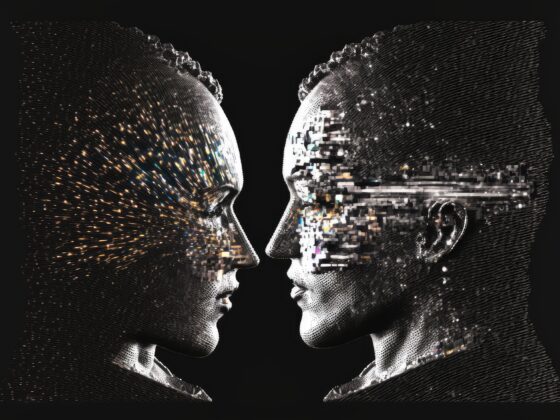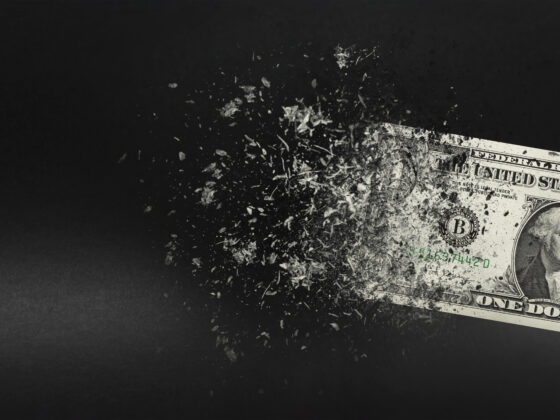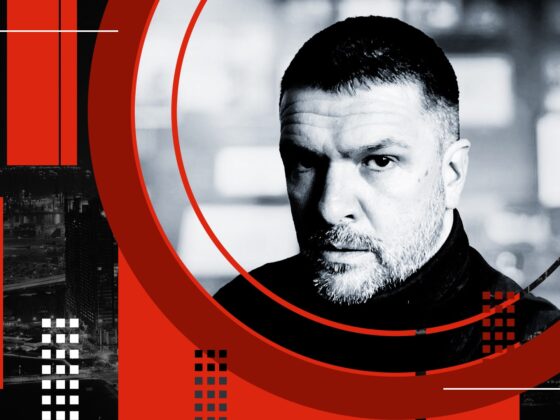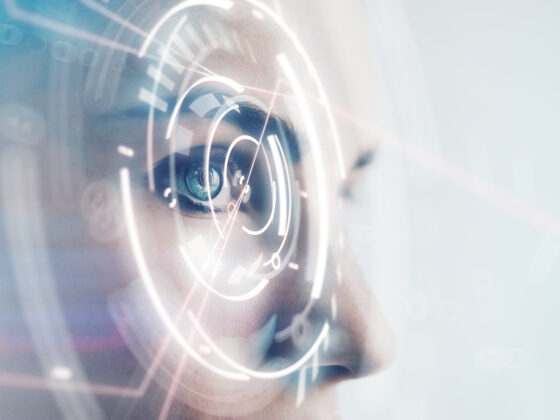This is a follow-up to Alpine Lunatics in the Metaverse!
Yes, yes, we keep giving billions of dollars in aid to Ukraine. But let’s think about what Ukraine is giving to the world.
That would be Diia, its digital ID app, which I talked about in Splinternet & the Specter of a Digital Iron Curtain almost a year ago, on March 20, 2022.

Diia means “action” and is short for derzhava i ia – “the state and I.”
In that essay, I talked about Ukraine’s new Ministry of Digital Transformation where the state vowed to become a service, a trusted friend, not a “frightening monster.” The goal is that every person in every aspect of their lives is connected to the government digitally.
A shift seems to be happening toward accepting the concept that governments are absorbed into the most powerful companies, becoming tools of those companies rather than representatives of the people.
In my last essay I quoted Richard Edelman, CEO of PR firm Edelman, at the latest World Economic Forum gathering in Davos saying, “companies are standing into the void left by government. And there’s a real distrust of government because of the pandemic. People don’t believe experts, they don’t believe government officials, and therefore, we have a void.”
Ukraine is setting an example for the world. On the 8th of February 2022, Ukraine launched a massive project called “Diia City initiative.”
A few days previously, President Zelenskyy and representatives of the IT industry held a meeting to discuss urgent issues of industry development and the launch of a special legal and tax regime “Diia City.” The president made it clear he wanted to “build a digital state. And we succeed in that.”
At the third Diia Summit on the 8th, held in Kyiv, Zelenskyy promised:

“We are transforming Ukraine into a country of IT companies and startups. Thanks to Diia City, the share of IT in our country’s GDP will increase from 4% to 10%, and the industry’s revenues will grow up to $ 16.5 billion. This will allow Ukraine to become the largest IT hub in Europe.”
Zelenskyy noted that the Ukrainian government seeks to build the most convenient state in the world in terms of public services. That is why the government is currently working to ensure that talented Ukrainians and foreigners from all over the world, the technology business that is shaping the digital economy, come to work on the Ukrainian market.
Considering Russia invaded Ukraine on February 24th, the timing was certainly interesting.
Money began pouring into Ukraine. By March 2, 2022, while the country was in the throes of the war, Oleksandr (Alex) Bornyakov, the country’s deputy minister for Digital Transformation told TechCrunch that “$100 million had been raised through various online donations from around the world. Of that amount, a full $25 million had come from cryptocurrency donations to accounts co-managed by Ukraine officials and those operating the networks in public-private partnership.”
Money continued to pour in. As of December 2022, the US alone had sent $68 billion to Ukraine.
As of January 2023, the U.S. announced its largest Ukraine aid package yet, worth $3.75 billion, as well as $907 million in more financing for Ukraine and its neighbors to buy American-made weapons and equipment.
Where did all that money go? With the collapse of FTX, fact-checkers can say there is no proof that U.S. aid money sent to Ukraine was used to invest in FTX, or was laundered, or slid into the pockets of officials.
But the fact is, we don’t know.
There is something seriously wrong when a government can take our tax dollars without accountability and we have no idea what that money is being used for, except from officials who say, “trust us.”
With this push for digital ID connected to our money (in whatever form that takes in the future) we are expected to trust our governments and the companies they are connected to. We are expected to allow them total control over our funds, with the ability to regulate every penny, even shut it all down if they so desire, as we saw Trudeau freeze the bank accounts of the truckers who defied him.
Zelensky makes a mockery of it all when he claimed at the launch of Diia City that, “People are the most important thing in every country, and talented people are the basis of every economy.“
It’s all being set up not for the people, but to fleece the people, by governments that are bowing to the powerful companies that hold them by the throat.
At the World Economic gathering at Davos, Estonia’s digital development team rolled out mRiik, an app for accessing government services built in partnership with Ukraine’s Diia app.

In Europe, digital IDs are already used in countries such as Austria, France, Norway’s BankID, Italy’s SPID, Denmark, the Netherlands, and Sweden.
Denmark describes its digital ID as “one single, secure digital key [that] makes it easy to reach both private companies and the public sector online.” It promises that:
The key to digital success is Trust.
“Trust” is the big word. Trust that the merger of government with big business and their careful monitoring of every aspect of our lives will make everything so much easier.













